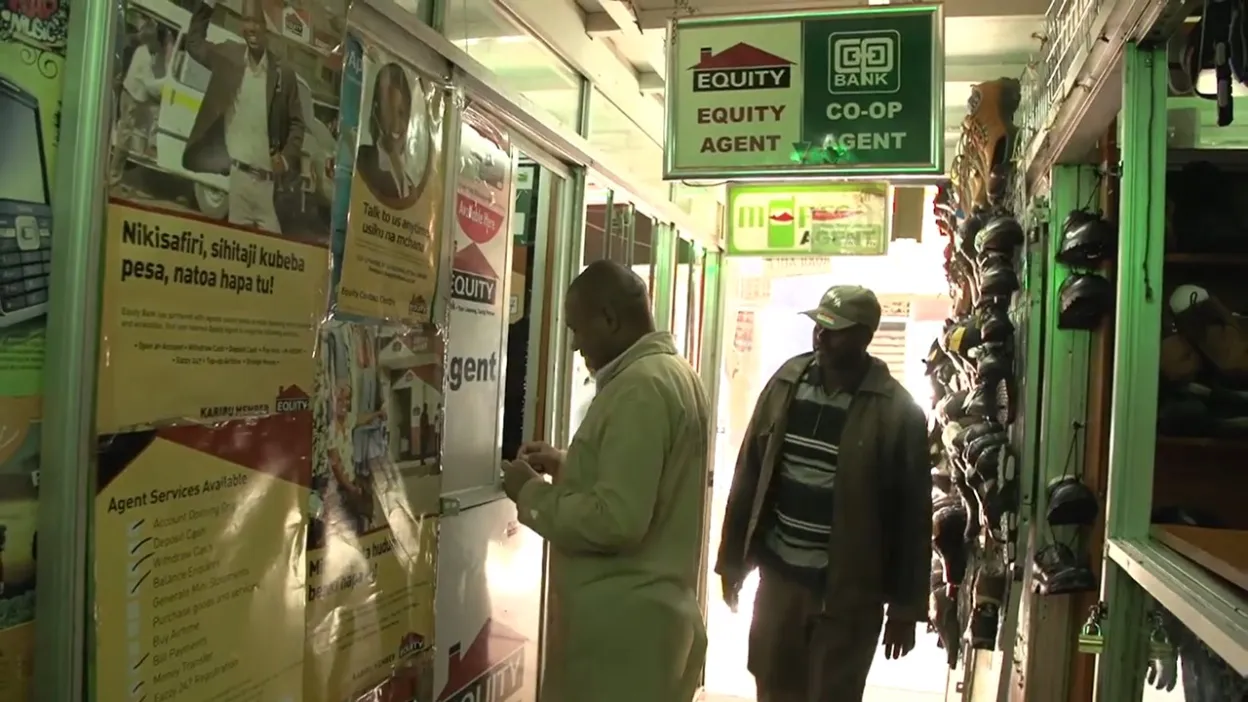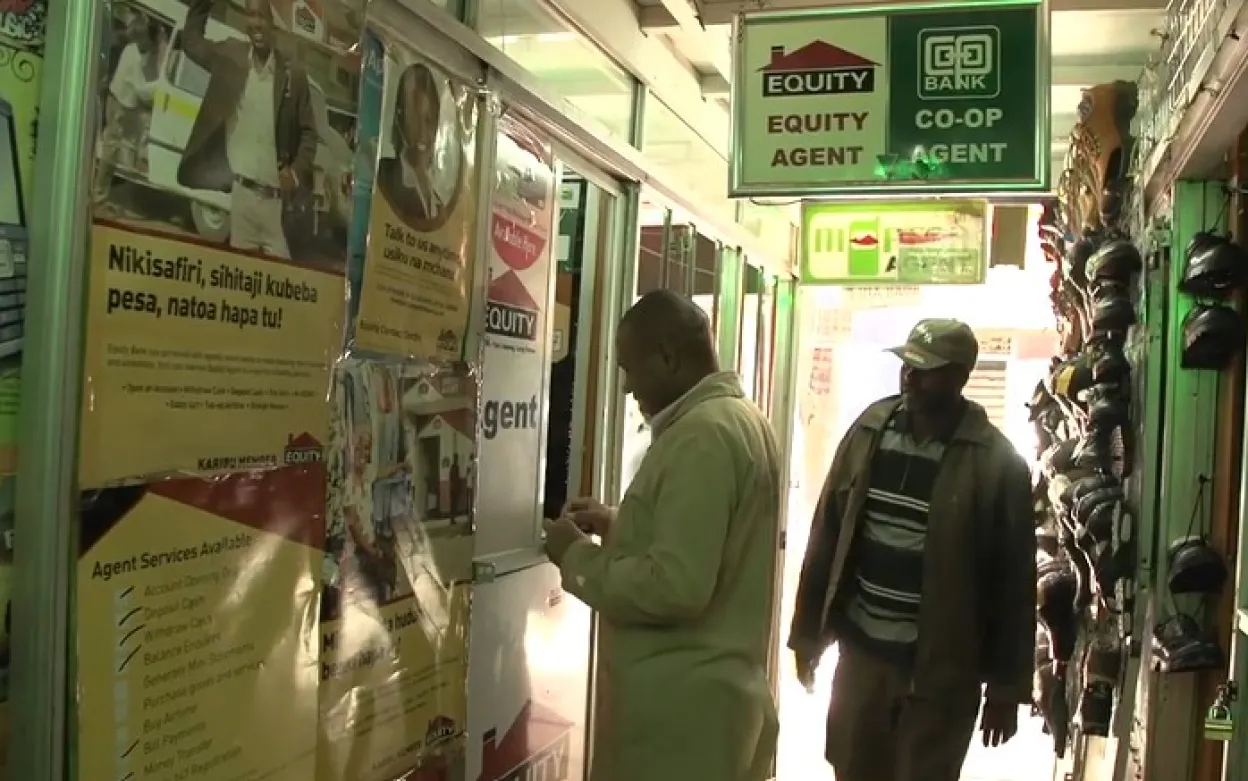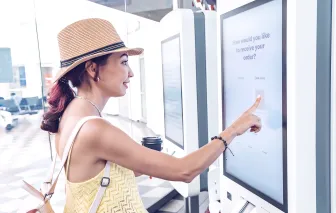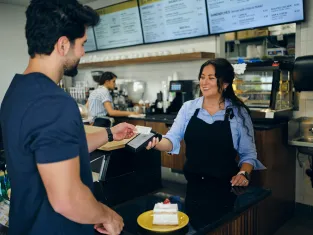From developing to developed countries, the winning formula for financial inclusion

When we think about financial inclusion, it’s tempting to associate it with poorer populations in emerging countries where cash is still the driver for a high percentage of transactions. Even though 43% of sub-Saharan Africans have an account at a bank or with a mobile money service provider(1), the vast majority of purchases are still completed using cash. In Nigeria, for example, the rate is 95%.
Looking at it another way, through the unbanked population, the ratio varies from one economy to another. In Africa, there are approximately 460 million unbanked people. That’s 35% of the entire population and represents the world’s lowest bank branch penetration with only 5 branches for every 100,000 adults2.
In Europe, the number of people without access to a bank sits at 3.6%, in France alone there are half a million people without access to a bank. Whilst this underlines the unbanked population represents a minority in more developed countries, the figures are still eyebrow raising enough to identify financial inclusion as a problem impacting countries all over the world.
So, how do we explain the prominence of financial exclusion? To understand this, we need to consider three key blocking points to digital transformation:
1. Cash is trustworthy: Coins and bank notes are physical entities; they exist and can be seen and touched. Cash is therefore perceived as easy to control. Any individual can determine how they want to spend it and monitor how much they have left. As a result, cash is deemed to be trustworthy.
2. Banks are only for the rich people: Let’s be honest, banking institutions often have some of the plushest offices around, with modern designs and technology. The employees who occupy these buildings are smartly attired and well presented. This creates the impression that rich banks are ‘only for the rich people’, their relevance being lost to those less fortunate.
3. Is the technology reliable: Technology is not without risk; it is understandable to question its reliability. Can my account be debited twice? Is it possible for someone to steal my account credentials? Could a computer virus impact the payment network? And when things go wrong, am I back to point number two, having to discuss my problem with a ‘rich’ banking representative…?
Transforming financial inclusion in rural Kenya
Although financial exclusion impacts societies all around the world, Kenya was among the very first countries to address the challenge by adding “trust” components to their financial inclusion banking program. Banking institutions in Kenya sought to build confidence through the deployment of a branchless banking network, transforming local retail stores into banking agents.
Store managers were trained by the banks and equipped with reliable technology to offer a large range of banking services: from know your customer information gathering (KYC) to complete the onboarding process, card PIN set up, cash deposits and withdrawal, to more sophisticated services such as loans and credit reimbursement.
To deliver this model, the banks selected Ingenico’s payment terminals to provide functionality, robustness, reliable connectivity (dual SIM), and most importantly, payment security. Agents capture the KYC information through the payment device, which gets sent to the Bank’s central back-office for approval, assist the newly banked customer with card activation and PIN management, and initiate cash deposits or withdrawals on request. Today, more than 150,000 agents are equipped with Ingenico’s terminals to offer these services.
Whilst payment technology was a strong contributor to the success of the program, the true secret of success lay in the proximity of the banking agents within the local population. They own the local store, know the residents, and most importantly, they trust each other. If a customer requires any assistance, their banking agent is situated just around the corner, ready and eager to help. It’s a story packed full of the ‘feel good’ factor, and for more on this inspirational narrative, please take time to watch ‘It’s Africa’s Time’.

The winning formula
Financial inclusion continues to be positioned by the lack of access to financial services. Several programs and initiatives emerge every month to put payment in the hands of the unbanked. However, access does not equal usage. The real equation is:
Access (through technology) + Trust (through human proximity) = Use of banking services
When cash is so anchored in the daily habits of individuals, only a trusted person can truly convince the newly banked about the myriad of benefits from being financially included.










